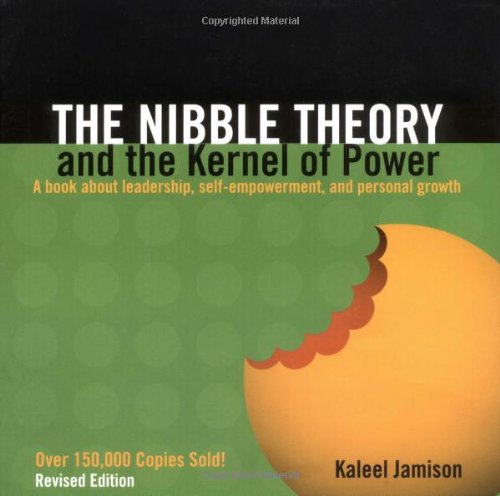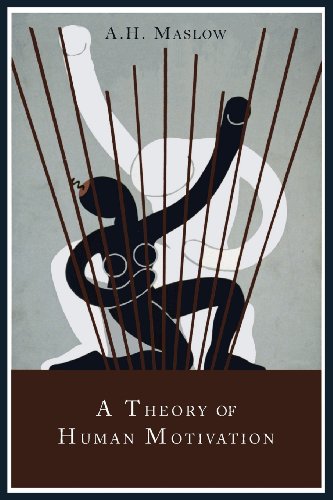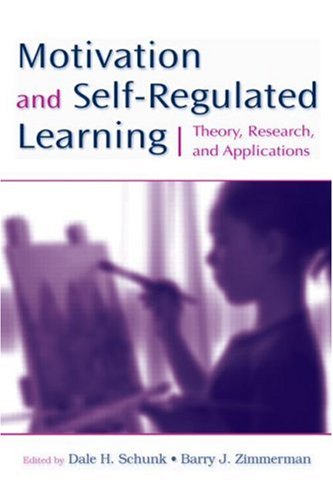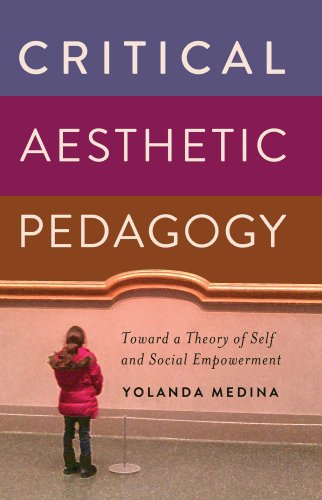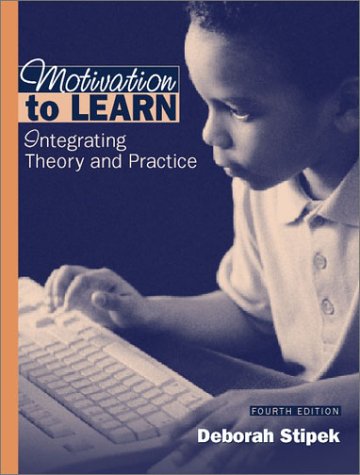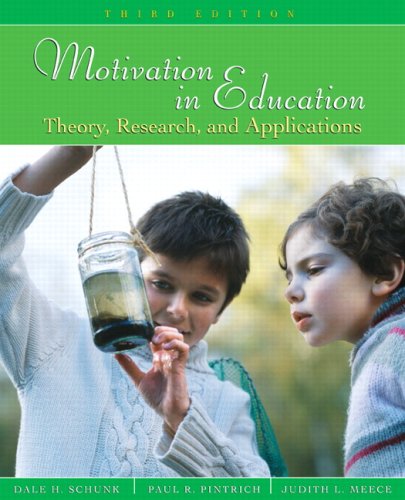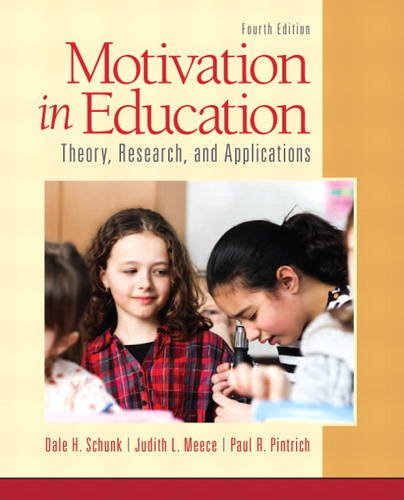
With a new evolutionary theme, Petri’s book covers the biological, behavioral, and cognitive explanations for human motivation. The advantages and drawbacks to each of these explanations are presented, allowing students to draw their own conclusions. Students want to know why they behave the way they do. To help students understand the processes that activate their behavior, Petri uses examples drawn from such contemporary topics as sexual behavior, aggression, eating disorders, and obesity to capture and keep students interested. To help students master and retain the information covered, this edition builds upon the text’s simple and direct language with expanded pedagogy-including preview questions at the beginning of every chapter, end of chapter summaries, key terms, Web links, and suggestions for further reading.
Product Features
- Used Book in Good Condition


